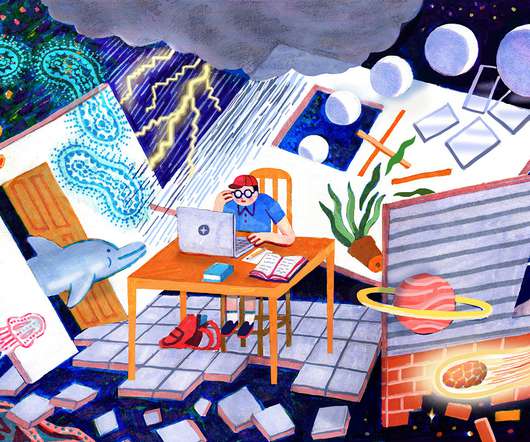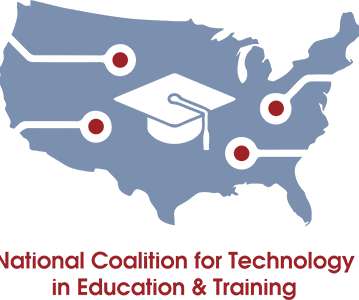Online Learning and Mental Health: the XYZ generations
Neo LMS
APRIL 26, 2022
Though the dates can vary slightly from one source to the next, Gen X are typically those born from 1965 to 1980 (42–57 years old), Gen Y: 1981–1996 (26–41), and Gen Z: 1997–2012 (10–25). The divide comes when you consider how these generations were raised in connection to technology. Different ideas about classroom technology.
























Let's personalize your content